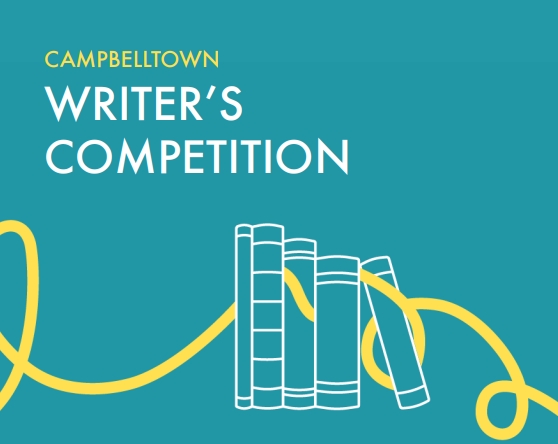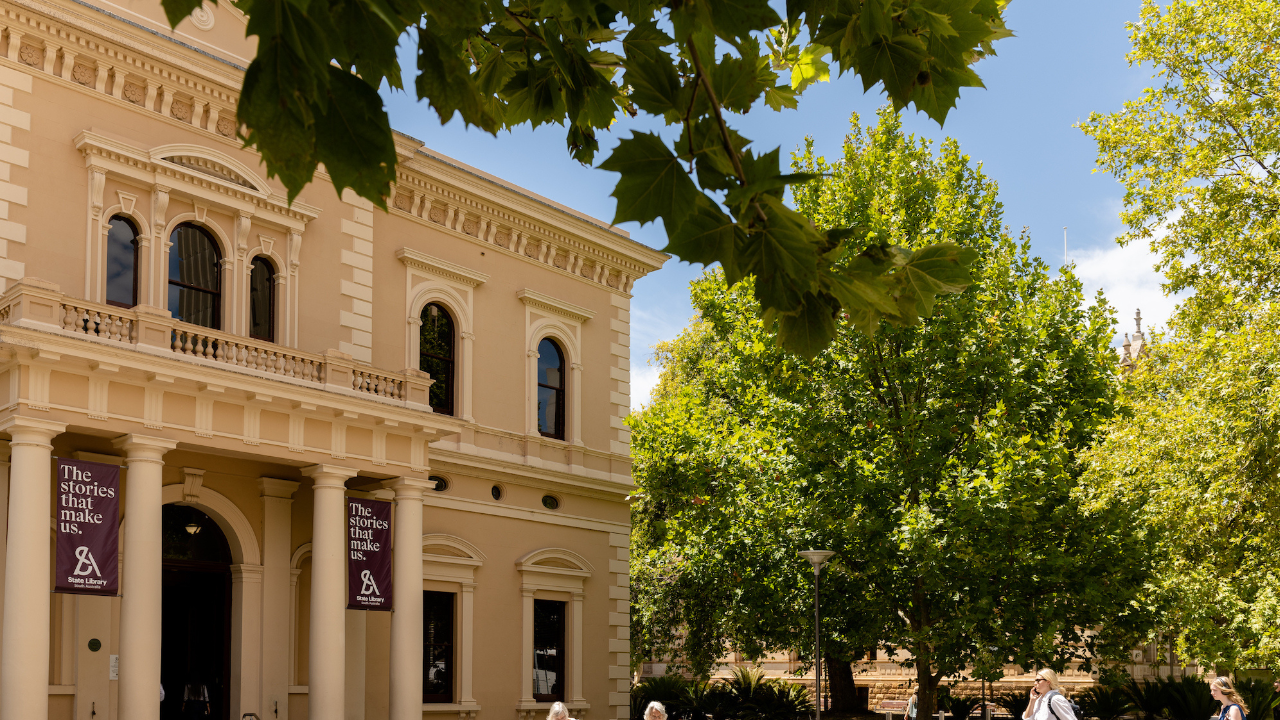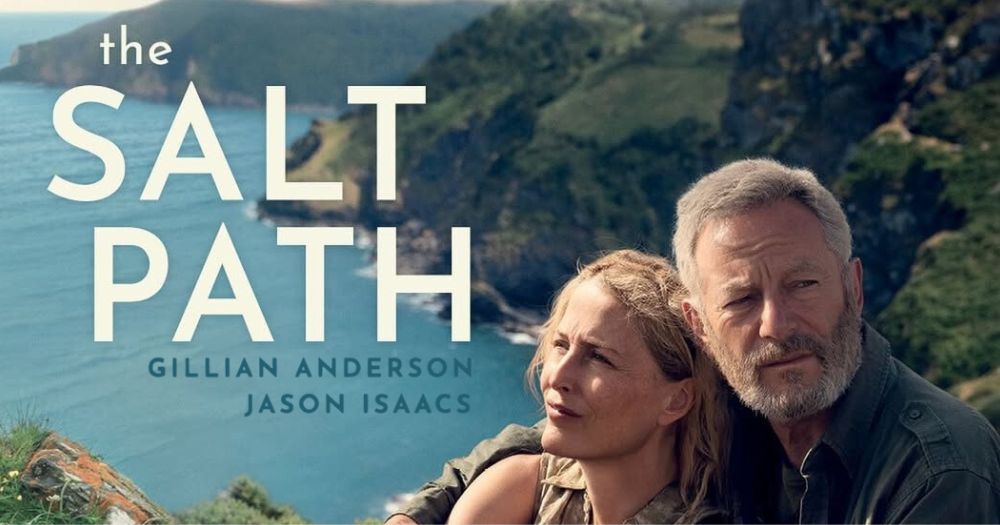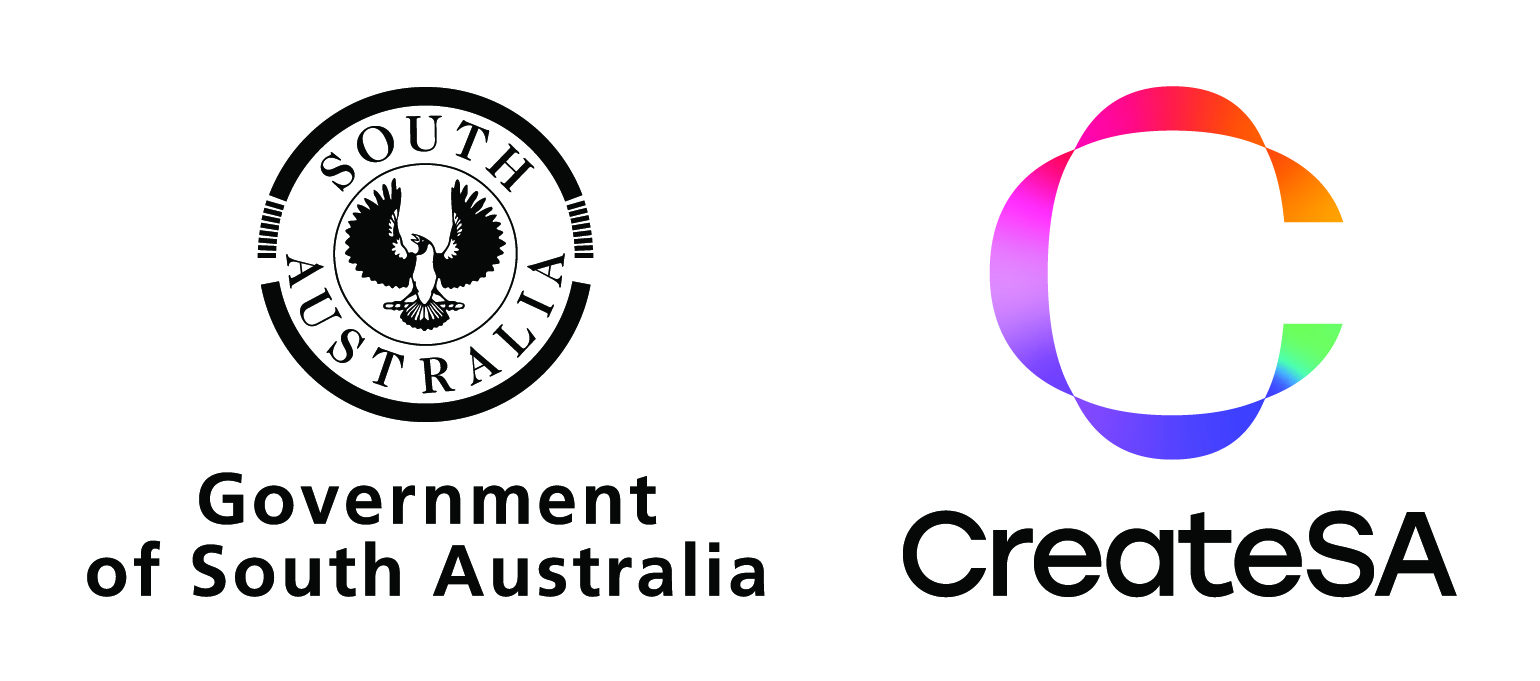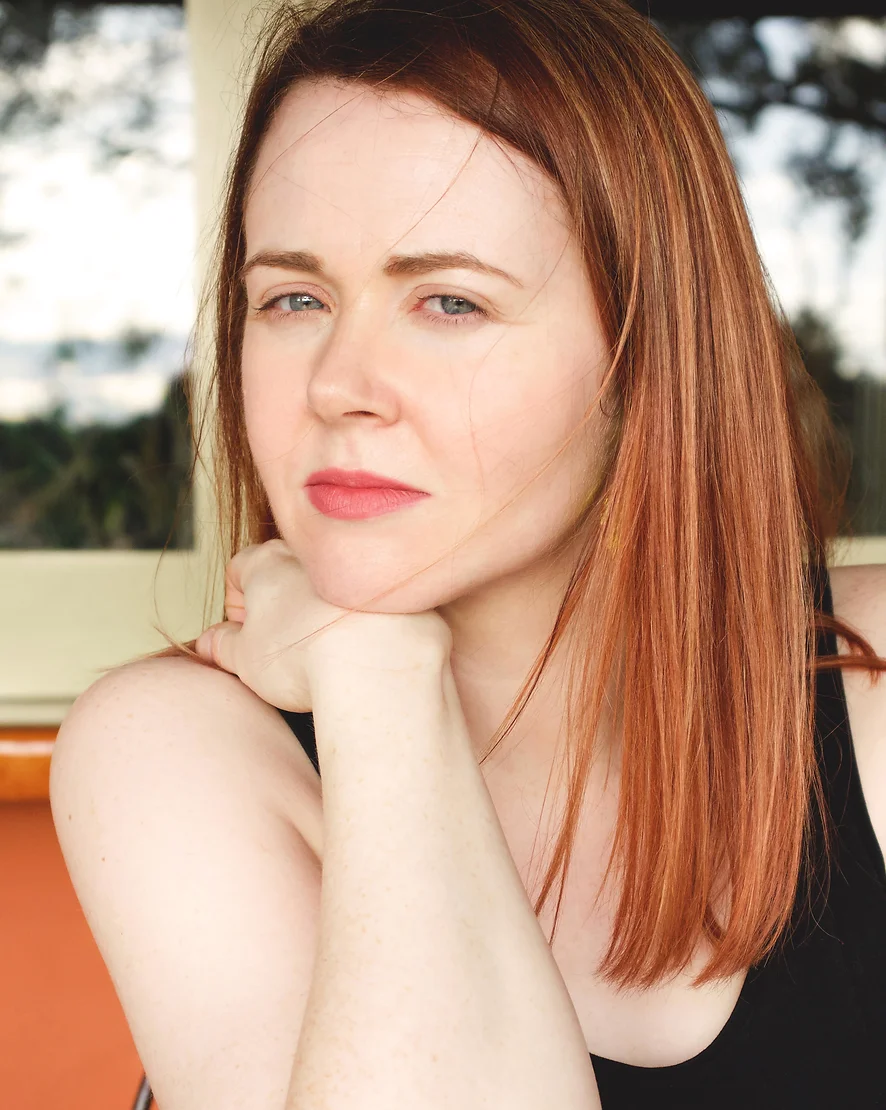
Ahead of her upcoming online workshop on writing powerful scenes, we chatted with Brooke about the workshop, her writing journey, and more.
Can you tell our readers a little about yourself and your writing?
I’m a playwright and author originally from Western Sydney. My plays have been produced at theatres including Campbelltown Arts Centre, Griffin Theatre company, Tamarama Rock Surfers’, all in Sydney, and in London at Vault Festival and at The Old Vic. I particularly like to write about characters facing moral and ethical dilemmas.
You are currently an award-winning playwright, what led you to turn your talents towards writing novels?
I’ve been writing plays for about ten years and while I love theatre, it is quite restrictive in terms of what kinds of ideas and stories can be told through that medium. So, as the years passed by, I had an ever-growing list of story ideas I really wanted to explore but that I knew wouldn’t work for the stage. The idea for The Interpreter had been on this list since 2015 and finally in 2020 when the theatre world shut down, like a lot of people I re-evaluated what I wanted to do be doing and finally committed to writing The Interpreter as a book.
Have you found the process of writing a novel different from writing a play, and have you been able to use any of your playwriting craft to strengthen your story?
When I first started work on The Interpreter, it was daunting because although I’ve written quite a large number of plays, writing a 100k word novel, I knew, was going to be an entirely different prospect. But I thought to myself ‘well I know how to write dialogue and I know how to write scenes’ so the way I approached the novel was to divide it into scenes and I went from there. This made it manageable and also, I hope, dramatic and tense.
What has been your favourite part of writing a novel?
Working with my editors in the UK and US. Obviously writing is mostly done alone so it’s wonderful when you get to the stage of a project where you’re collaborating with others and bouncing off their ideas and seeing the story through their eyes.
Tell us about The Interpreter—what drew you towards the crime/thriller genre?
The Interpreter is about a court interpreter in London who begins to deliberately mistranslate witness statements and testimony in order to help convict those who she thinks are guilty. I first got the idea for the novel in 2015 when I read a short article in the Guardian newspaper’s ‘Experience’ column by a woman who works as an interpreter in London, including in the criminal justice system. Like most monolingual people, I’d never given thought to this fascinating profession before and was struck by how a whole person’s life – success of their asylum claim or their freedom in a criminal trial etc– could be determined by the translation of a single word.
Your upcoming workshop is about writing powerful scenes, can you tell us a bit about what this means?
It’s crucial that writers of novels, plays and screenplays fill their projects with powerful scenes, a scene that moves along the plot, develops character and gives the reader/viewer something surprising – perhaps something shocking, or funny, or moving. Part of the editing process is strengthening a project’s scenes, so the skill of writing a great scene also ties in with the editing process. Taking a scene-first approach to a writing project also makes it much more manageable. You’re not sitting down to write a 100k word novel, perhaps like me with The Interpreter, you’re sitting down to write 40 scenes. Those scenes will come together to make a book. Suddenly, the task of writing a book is less daunting.
Is this workshop just for crime/thriller writers or will this be useful to writers in other genres?
There’s nothing specific to the crime/thriller or any genre in the workshop. It’s for anyone who writes scenes in their work. Unless you’re writing a very experimental literary or stream of consciousness work, all writers of novels, plays, screenplays and short stories write in scenes – so it’s for almost everyone!
What are you looking forward to most about this workshop?
Guiding participants through a range of provocative, fun, creative exercises and watching them fill their notebooks with ideas and characters.
Places are now available for Brooke’s Writing Powerful Scenes online workshop. Members receive 30% off the price of all workshops and events, join here for as little as $60.

